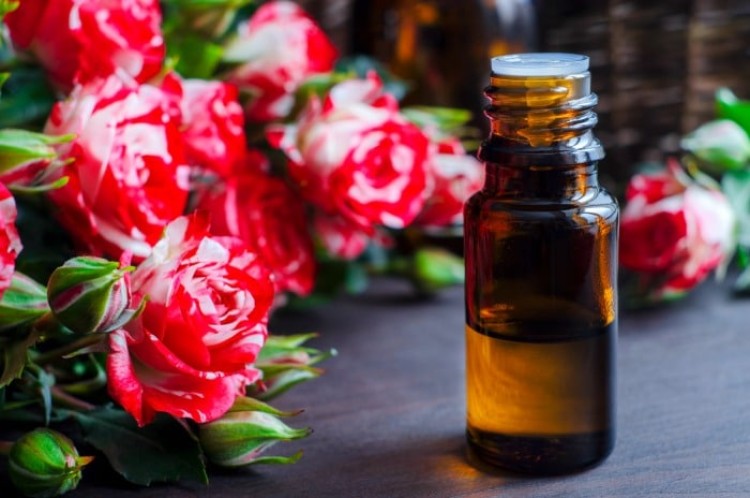
In the world of aromatherapy and natural remedies, both hydrosols and essential oils are cherished for their therapeutic qualities. However, they are distinct in their composition, properties, and applications. In this guide, we will explore the differences between hydrosols and essential oils, helping you understand their unique characteristics and how to make the most of their benefits.
Hydrosols: A Gentle Elixir
Hydrosols, also known as floral waters or hydrolats, are the co-products of the steam distillation process used to extract essential oils from plants. They are a delicate, water-based product infused with the essence of the plant.
Essential Oils: Nature's Concentrates
Essential oils are highly concentrated extracts of the aromatic compounds found in plants. These compounds are distilled or cold-pressed from various parts of the plant, such as leaves, flowers, or roots.
1. Aromatic Strength:
Essential oils are potent and concentrated. A few drops of essential oil can be intensely aromatic and therapeutic. In contrast, hydrosols offer a milder scent, making them a subtle choice for aromatherapy.
2. Skin Application:
Hydrosols are gentle and safe for direct application to the skin, even in their undiluted form. They are often used as facial toners, body sprays, and soothing mists. Essential oils, on the other hand, are highly concentrated and should be diluted with a carrier oil before applying to the skin.
3. Versatility:
Essential oils are versatile and can be used for a wide range of therapeutic purposes, from pain relief to respiratory support. Hydrosols have a more limited range of applications but are still valuable, particularly in skincare and emotional well-being.
4. Internal Use:
Some essential oils are safe for internal use when appropriately diluted. Hydrosols, while suitable for internal use in certain cases, are not as commonly used this way.
5. Safety:
Hydrosols are generally safe for all skin types, including sensitive skin. Essential oils, due to their potency, can cause skin irritation or other adverse reactions if not properly diluted.
6. Shelf Life:
Essential oils have a longer shelf life compared to hydrosols. Properly stored, essential oils can last for several years. Hydrosols are more perishable and should be used within a shorter timeframe.
Choosing the Right Elixir
The choice between hydrosols and essential oils depends on your specific needs and preferences. Both have unique properties and can complement each other in aromatherapy and skincare routines. Hydrosols offer a gentle, subtle approach, while essential oils provide concentrated therapeutic benefits.
At Venkatramna Industries, we offer a range of premium hydrosols and essential oils, each crafted with care to harness the best of nature's gifts. Discover the unique properties of both elixirs and explore how they can elevate your well-being.

|

|
Currently, there are no comment.
Login to comment